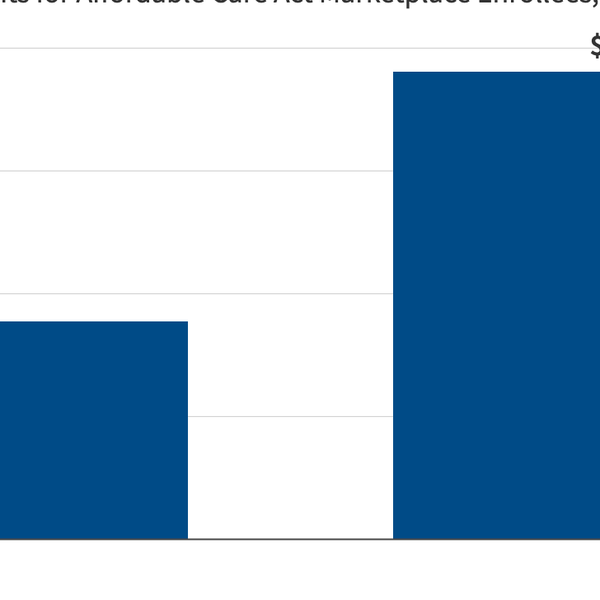Weekend Reader: ‘Phantom Terror: Political Paranoia And The Creation Of The Modern State, 1789-1848’

When royal heads began rolling through the streets of France, European history took an irrevocable turn. The aristocracy’s fear of revolution and subversion was matched by an equal and opposite fear of tyranny and suppression from their subjects. Fearful monarchs began quashing insurgencies where none had existed and a rebellious revolutionary culture emerged in response. Each class’s paranoid actions amplified the other’s in a feedback loop that would eventually end in the destruction of one world order and the creation of a new one.
This is the continuum of mutual terror between rulers and subjects that historian Adam Zamoyski explores in exhaustive detail in Phantom Terror: Political Paranoia and the Creation of the Modern State, 1789-1848. Zamoyski traces a line from the French Revolution to the upheavals of 1848 to the First World War, laying out a compelling origin story for the totalitarian state as we understand it and the pervading tensions of class warfare that we still see today.
You can purchase the book here.
When Empress Catherine II of Russia died in November 1796, her son Paul ascended the throne and promptly embarked on a course that was to make him one of the most unpopular rulers in Russian history. He banned almost the entire canon of French literature, and established censorship offices at every port to scour imported goods for subversion. He proscribed foreign music and the use of words such as ‘citizen’, ‘club’, ‘society’ and ‘revolution’. Russians were forbidden to study abroad. He issued imperial decrees, which he frequently revised, governing manners and mealtimes, hairstyles, the wearing of moustaches, beards and sideburns, and clothes. People would suddenly learn that the style of their garments had been banned, and would have to frantically cut off tails and lapels, add or remove pockets, and pin hats into the prescribed shape before they could go out.
Gradually, Alexander came to realise that he must assume the responsibility fate had reserved for him. ‘I believe that if my turn to rule ever came, instead of going abroad, I would do better to work at making my country free and thereby to preserve it from being in the future used as a plaything by lunatics,’ he wrote to La Harpe. He began to see his life’s task as that of transforming the Russian autocracy into a constitutional monarchy and freeing the serfs. His turn came in 1801, following Paul’s assassination, in which he was passively complicit. He liberated political prisoners, repealed much of his father’s repressive legislation, lifted censorship and restrictions on travel, brought in educational reforms, founded universities, set up a commission to codify the laws, and commissioned his friend Aleksandr Vorontsov to draw up a charter for the Russian people modelled on the French Declaration of the Rights of Man.
In 1804, when negotiating an alliance with Britain, he put forward a project for the transformation of Europe into a harmonious federation that would make war redundant. In 1807, when he signed a treaty with Napoleon at Tilsit, he believed that he was entering into a grand alliance of the Continent’s superpowers to ensure peace and progress. He gradually changed his view, and came to see the Emperor of the French as evil. He endured Napoleon’s invasion of Russia in 1812 with readings from the Bible and fervent prayer as his army was defeated and Moscow burned, and celebrated the French army’s expulsion with thanks to the Lord. Instead of making peace with Napoleon, a peace he could have dictated to great advantage for Russia (as many in his entourage wished), Alexander prosecuted the war. ‘More than ever, I resign myself to the will of God and submit blindly to His decrees,’ he announced in January 1813 as he set out to liberate Europe from the French ‘ogre’: he was convinced that he was merely a tool in the hands of the Almighty. Once he had achieved his purpose of forcing Napoleon to abdicate, he demonstrated (in a way that was to cost the allies dear in 1815) the spirit of Christian charity by granting him generous terms and sovereign status on the Mediterranean island of Elba.
While he continued to hold Orthodox services, Alexander sometimes combined them, as on 10 April 1814, when according to both the Julian and the Gregorian calendars Easter fell on the same day, with Catholic and Protestant ones. In London, which the victorious allies visited following the defeat of Napoleon, he attended Bible Society meetings and communed with Quakers. In Baden on his way back to Russia he was introduced to the German Pietist Johann Heinrich Jung Stilling, with whom he held long discussions on how to bring about the kingdom of God on earth.
Over the next months Alexander would follow a path he believed to be dictated by God. He was frustrated by the practical difficulties he encountered at the Congress of Vienna, and believed that Napoleon’s escape from Elba was God’s punishment for the venial behaviour of its participants, himself included. At Heilbronn, on his way to join Wellington before Waterloo, he met Baroness Krudener, who convinced him that he was the elect of God, and that he must concentrate on carrying out His will. Alexander was at the time absorbed in a book by the German philosopher Eckartshausen, which put forward the thesis that some people were ‘light bearers’ endowed with the capacity to see Divine Truth through the clouds obscuring it from the multitude. That and the baroness’s words only reinforced his sense of being marked out by the Almighty. They knelt together to give thanks on hearing news of Napoleon’s defeat at Waterloo, and she followed him to Paris afterwards, moving into a house next door to the Elysee Palace where he took up his quarters. They saw each other every day, praying and holding often bizarre services, culminating in the spiritual jamboree on the plain of Vertus.
Wellington, Castlereagh and many others thought the tsar had gone a little mad. Metternich had long regarded him as a child in thrall to dangerous enthusiasms. A cynical pragmatist, the Austrian foreign minister had no time for such nonsense, confident as he was that with Napoleon removed from the scene everything would return to normal. But in 1815 Alexander was probably the only one among the Continent’s monarchs and chief ministers who understood something of the longings and anxieties agitating European minds, and that many wanted something more than just peace, order and a full stomach.
His Holy Alliance was a genuine attempt to put the world to rights. He believed that only a system built on Christian morality could hope to bind the wounds opened up by the events of the past quarter of a century and restore harmony to a profoundly fragmented world. And although his approach may have been naive and his solution half-baked, he alone among the monarchs and ministers who fashioned the Vienna settlement appreciated that no peace treaty, however equitable, could alone hope to bridge the chasm that had opened up in 1789.
If you enjoyed this excerpt, purchase the full book here.
Excerpted from Phantom Terror: Political Paranoia and the Creation of the Modern State by Adam Zamoyski. Available from Basic Books, a member of The Perseus Books Group. Copyright © 2015.
Want more updates on great books? Sign up for our daily email newsletter here!








